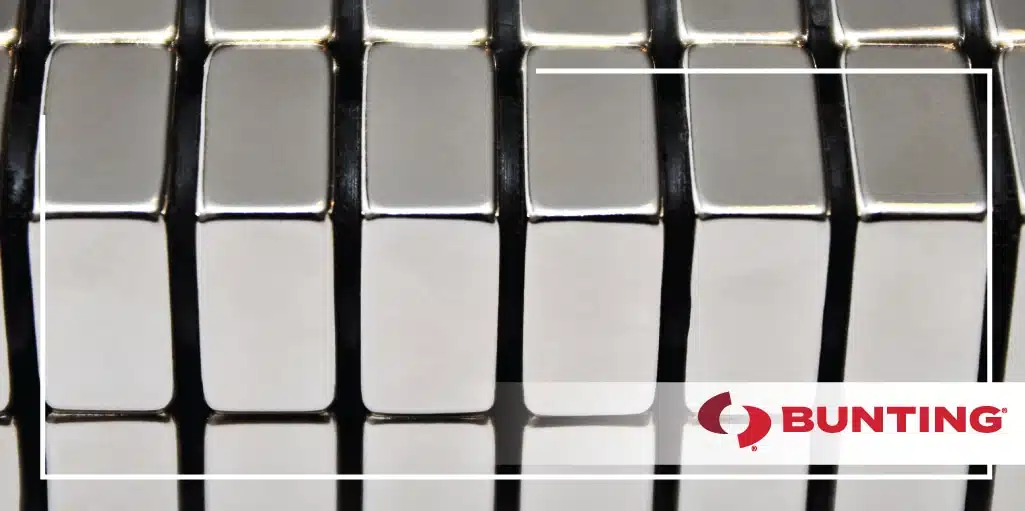Why Are Most Neodymium Magnets Plated or Coated?
News
When you are searching for a neodymium magnet, you will find that no matter what shape, size, or strength you are looking for, nearly every neodymium magnet available for purchase is plated or coated. Neodymium magnets are the most powerful magnet in the world, but they have a few physical drawbacks. The raw magnetic material is very brittle, making it prone to chipping, breakage, and other physical damage. Neodymium magnets are also quite vulnerable to corrosion, which can cause the magnet to rapidly erode and decay. Fortunately, by adding a protective plating or coating, these problems are eliminated.
Plating or Coating Protects Neodymium Magnets from Corrosion and other Damage
There are many different coating and plating options for neodymium magnets. The most common coating for neodymium magnets is a nickel plating. While commonly referred to as simply “nickel plating,” this nickel option is actually a three layer plating that comprises of a nickel layer, a copper layer, and a nickel coating. Nickel options are best suited for indoor use, and this plating is chosen for its abrasion resistance and cost efficiency. Another nickel coating options layers nickel, copper, and gold, with yet another layering nickel, copper, nickel, and chrome. A two layer plating with copper as the outer layer exists as well. A non-nickel metal coating option, zinc, is also available.
There are also several different types of non-metal coatings, including epoxy resin coatings, Teflon/PTFE coatings, rubber coatings, and plastic coatings. Many of these coatings are designed for specific applications. For example, raw epoxy coatings are used in gluing applications where the magnet must have a high adhesion to epoxy glue. Plastic and Teflon coatings, meanwhile, are highly corrosion resistant, yet require that a special injection mold is created in order to fully encapsulate the magnet within the plastic.
The type of plating you select for your neodymium magnet will ultimately depend on the type of application you intend on using it in. There are several variables that go into selecting a coating, including whether you will use the magnet indoors or outdoors, the coating’s resistance to abrasion, the thickness of the coating, how the coating interacts with glue, and how well the coating protects against corrosion and wear that can be caused by environmental factors such as humidity, water, salty air, and salt water. As with any purchase, the price and cost efficiency of the coating must be considered as well.
For more information about neodymium magnet coatings and assistance in selecting the best coating for neodymium magnets in your application, Contact Us Today.
